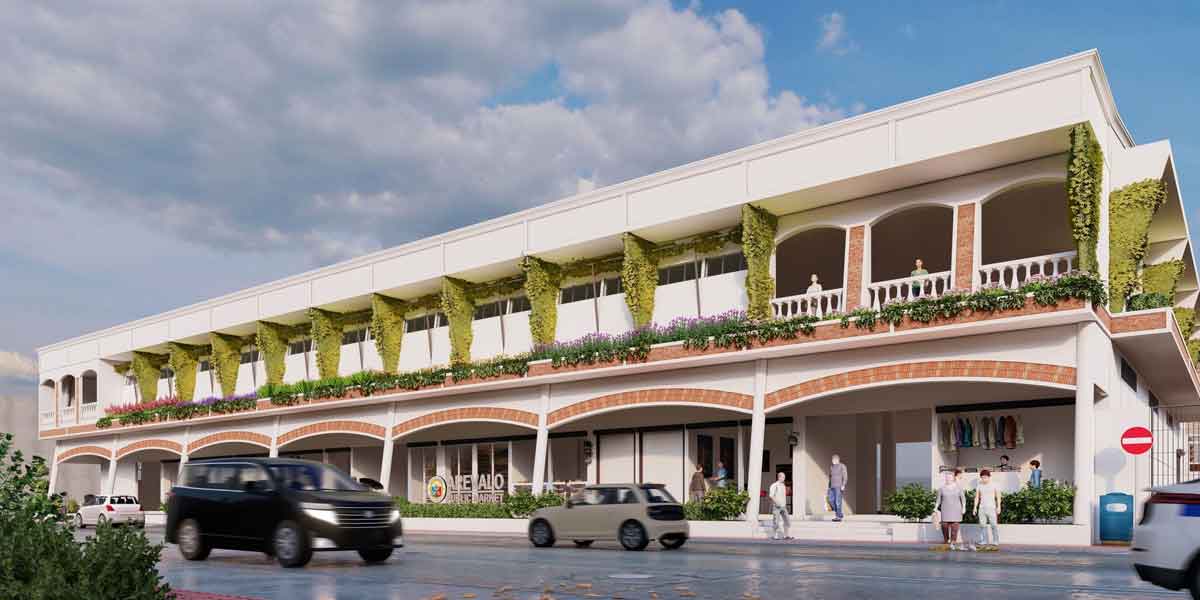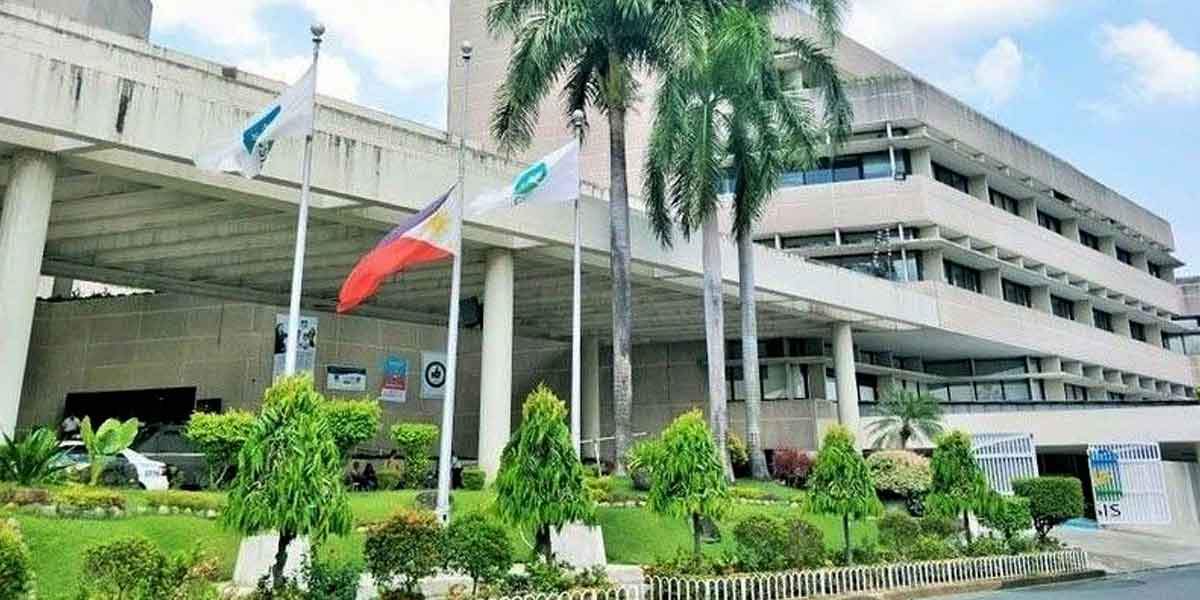 By Joshua Corcuera
By Joshua Corcuera
On June 22, Vaccine Express — a program initiated by the Office of the Vice President (OVP) together with the Manila City government and the help of the private sector — was carried out. According to various reports, more than 2,000 food delivery riders, tricycle drivers, and pedicab drivers were inoculated against COVID-19. The vaccination site was located at the Cultural Center of the Philippines in the capital of the country. Aside from free vaccinations, drivers and riders received a P 500 gas coupon to redeem at SEAOIL and Shell gas stations. Here’s what we can learn from such program.
To increase vaccinations, give incentives, not threats
Less than a day before Vaccine Express was launched, President Duterte threatened to arrest individuals who will refuse to get vaccinated against COVID-19 — despite the fact that there is no law criminalizing Filipinos who refuse to be inoculated. Moreover, such a strong remark is controversial as it angered a substantial amount of people in social media, and polarized the people as the statement drew mixed reactions. On the other hand, Vice President Robredo’s recent program with the local government unit of Manila incentivized riders and drivers with gas coupons to encourage them to be inoculated against COVID-19. It worked.
In just a single day, over 2,000 drivers and riders lined up to receive a jab against the coronavirus. As a matter of fact, incentives similar to that of the Vaccine Express program are common globally. In India, discounts in groceries were provided to those who received their vaccine shot. In the United States, tickets for the Super Bowl and winning cruise tickets were offered, especially that vaccine hesitancy is so rampant in the rural United States. The private sector in the Philippines also provided perks to those inoculated against the highly contagious illness. A wellness expert, Zarah Hernaez in her statement with CNN Philippines, also welcomed such initiative. Though she noted it may be unsustainable especially that there are tens of millions of Filipinos who must be fully vaccinated to reach herd immunity. Nevertheless, incentives can work to those who tend to be hesitant or very reluctant to receive their jab.
Cooperation paves the way for accomplishments
Vaccine Express has helped thousands of vulnerable workers to be protected from the contagious illness, and the program’s fruition is largely thanks to cooperation between several government offices plus the private sector. In recent months, partnerships between the-powers-that-be and corporations have increased in the fight against COVID-19. For instance, the Swab Cab program — also initiated by the OVP last March — also saw the cooperation of the Ube Express Inc., the same bus line that also worked with the OVP for its free shuttle service for frontliners during times of strict lockdown. Aside from the private sector, volunteerism from experts — particularly doctors and nurses — made programs that promote public safety possible.
Altogether, the spirit of cooperation and volunteerism, and providing incentives — instead of unnecessary threats — can help the Philippines recover immediately from the violent impact of COVID-19. The challenge now is to sustain the gains we made today in the months to come. Candidly, it is easier said than done which is why vaccine education programs must be intensified so that we can do our part in the fight against the coronavirus by being vaccinated as soon as possible.




















